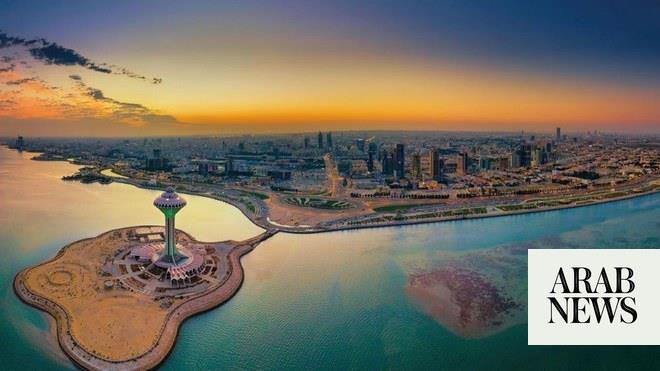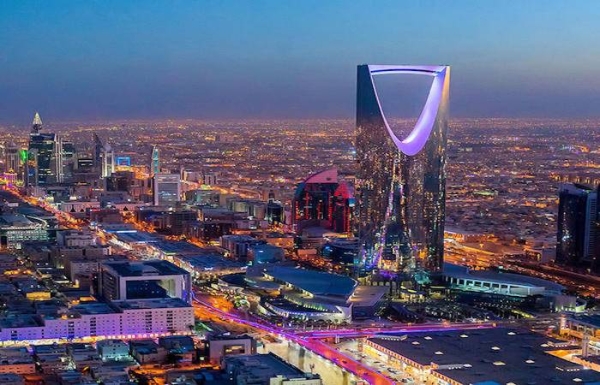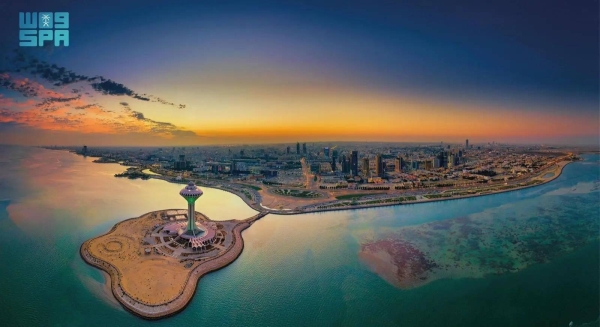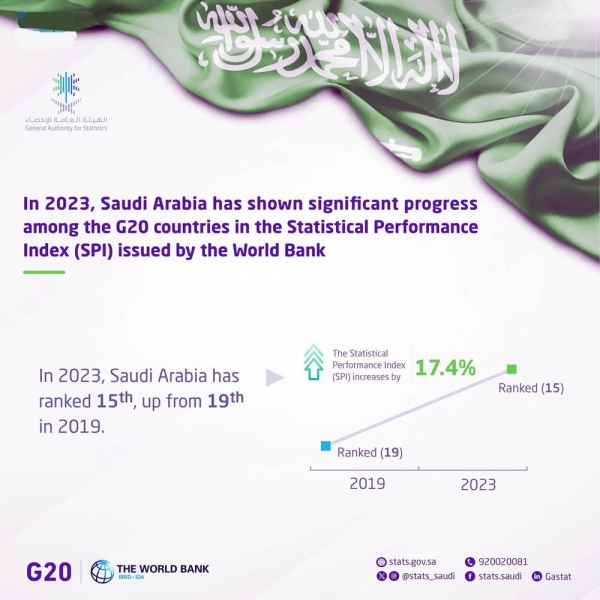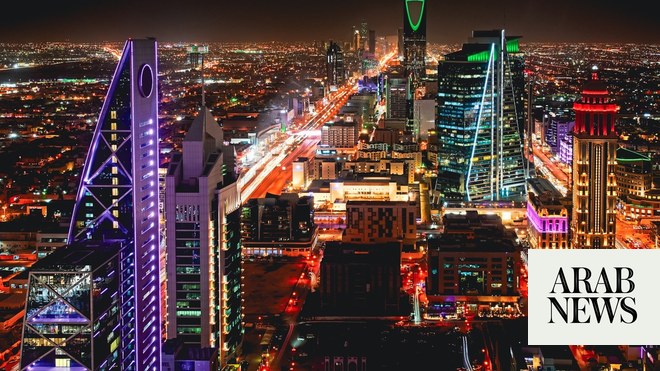
RIYADH: Saudi Arabia’s capital has been placed 25th in the International Institute for Management Development Smart City Index this year, up five spots since 2023.
The assessment, which evaluates various structures and technologies in the city, underscored Riyadh’s strengths in health and safety, mobility, and governance.
Key findings reveal that basic sanitation effectively serves even the poorest areas, while recycling sectors are satisfactory. Public safety is strong, complemented by enhanced surveillance through CCTV cameras, while innovative apps for car-sharing, parking availability, and bicycle rentals alleviate congestion.
The report added that the provision of medical services meets expectations, and affordable housing options are readily available. Despite these positive aspects, public transport services are deemed satisfactory.
According to the report, residents actively participate in decision-making processes and provide valuable feedback on government projects.
In a parallel development, Al-Khobar has secured its position as a smart city, ranking 99th out of 142 municipalities following its inclusion in the IMD list.
Al-Khobar is the fifth Saudi metropolis to embrace innovative city initiatives, joining Riyadh, Makkah and Madinah as well as Jeddah.
Its inclusion in the Smart City Index shows it is poised to attract global investments, foster the establishment of new companies and projects and stimulate economic growth.
This achievement reflects the Kingdom’s dedicated efforts and notable progress in the vital sector, aligning with the vision outlined in Saudi Vision 2030.
The IMD’s Smart City Index serves as a significant benchmark, showcasing municipalities’ readiness and utilization of advanced technologies to foster sustainable communities.
The analysis evaluates various aspects of city development, including health and safety, employment and education opportunities and mobility as well as cultural activities, governance, and the harmonization of economic, technological, and human life dimensions.
Smart cities leverage digital technology to optimize resource usage, curb carbon emissions, and enhance responsiveness to citizens’ needs.
Moreover, Makkah ranked 52nd on the list, whereas Jeddah and Madinah claimed 55th and 74th positions, respectively.
Omar Al-Abdullatif, CEO of the Sharqia Development Authority, expressed pride in this accomplishment, attributing it to the Kingdom’s overall development trajectory guided by strong leadership and the directives of the governor of the Eastern Province, according to Al-Ekhbariya.





